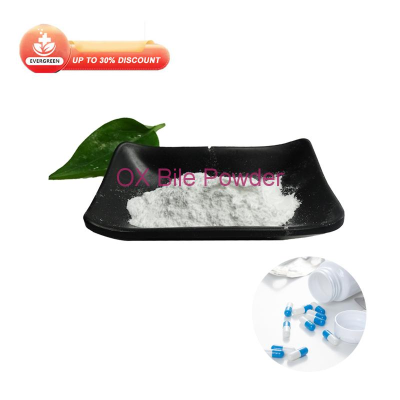The study found that the nutritional value of organic food is generally higher than that of ordinary food.
-
Last Update: 2020-09-05
-
Source: Internet
-
Author: User
Search more information of high quality chemicals, good prices and reliable suppliers, visit
www.echemi.com
The U.S.-China Health Products Association .A recent experiment by British academics has shown that food made from organic crops has a higher nutritional value than foods made from ordinary crops. The study makes up for the lack of early research by scholars and answers questions about the nutritional value of organic products, according to the scientific team at the Organic Products Institute, an experiment that could be described as a milestone in organic food research.Commenting on the experiment, Dr Jessica Shade, director of the scientific program at theOrganic Products Research Center, said: "This is a ground-breaking study that removes consumers' doubts when choosing organic products and gives them insight into the nutritional value of organic products. DrShade said: "The distinction between the nutritional value of traditional and organic foods has been a controversial issue, and this important study revisits this issue in a more comprehensive and accurate light and concludes convincingly that organic fruits and vegetables are definitely of higher nutritional value than ordinary plants and crops.Researchers at the University of Newcastle in the UK analysed 343 scientific experiments and concluded that organic crops and foods made from organic crops contained 60 per cent more antioxidants than ordinary grown crops, while organic crops contained far lower levels of pesticide residues and harmful heavy metals than ordinary grown crops. The full report was published in the British Journal of Nutrition in July 2015..Dr Shade says antioxidants can reduce the risk of chronic diseases. He believes that this research on organic crops and antioxidants is of great significance and guidance for the direction of the market. In response, he said: "Based on this study, if consumers are more likely to buy organic foods, this will mean that they will get 20 to 40 per cent more antioxidants in their diet than in regular foods while eating the same calories." In other words, organic foods will add more healthy antioxidants to their diet. Forwho are concerned about their health, it is important to increase their nutritional intake without increasing their dietary calories. This also means that eating five recommended servings of organic food a day will provide them with additional antioxidant supplements. In the same case, however, they had to eat more than 1 to 2 recommended servings of organic foods to get the same amount of antioxidants., a study by the University of Newcastle found that pesticide residues and toxic heavy metals in organic crops were much lower than in ordinary crops. Pesticide residues in ordinary crops are four times higher than in organic crops. Pesticide residues are harmful to brain development in children and adolescents, and have significant health effects on pregnant women and men and women during childbearing. Studies have shown that the cadmium content of organic crops is 48% lower than that of ordinary crops on average. Cadmium is a toxic heavy metal that can cause kidney failure, soften bone, cause liver damage, etc. Cadmium can accumulate in the body for long periods of time, and even small amounts of cadmium can increase the risk of chronic diseases.Charles, of the University of Washington, said: "This study strongly demonstrates the many health benefits of organic foods and beverages. Our topic is of great relevance and importance, and it can make consumers aware that organic foods generally contain more nutrients than regular foods. In2012, a Stanford University study sparked debate in the academic community, claiming that organic foods do not have higher nutritional content than non-organic foods. In fact, the study continues the findings of a 2009 report by the Food Standards Agency on organic foods.about 80 percent of U.S. households have started buying organic products, according to a survey by the American Organic Products Trade Association, mostly because they are more focused on the impact of food on their children's health. Laura, the association's chief executive, said: "Parents are increasingly focusing on the benefits of organic products. The study educates consumers on the one hand and helps them make better choices about their family's health on the other. "
.
This article is an English version of an article which is originally in the Chinese language on echemi.com and is provided for information purposes only.
This website makes no representation or warranty of any kind, either expressed or implied, as to the accuracy, completeness ownership or reliability of
the article or any translations thereof. If you have any concerns or complaints relating to the article, please send an email, providing a detailed
description of the concern or complaint, to
service@echemi.com. A staff member will contact you within 5 working days. Once verified, infringing content
will be removed immediately.







